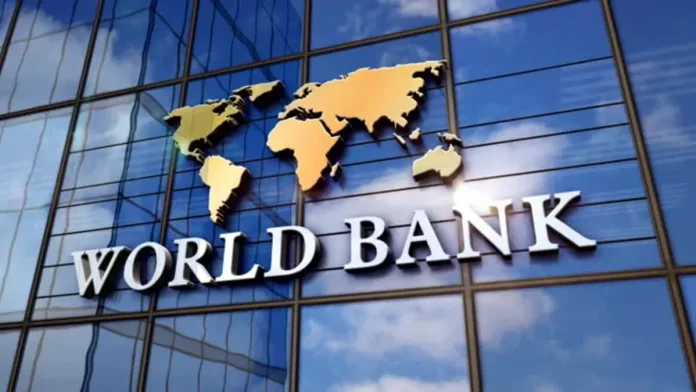To help set the groundwork for the future development of Somalia’s transportation infrastructure, the World Bank authorized a $58 million International Development Assistance (*IDA) grant. Somalia will build the capacity to plan, carry out, and manage the industry as well as a pipeline of projects.
The Horn of Africa (HoA) Initiative Multi-Donor Trust Fund, which aims to promote economic commerce and integration in the Horn, will provide an additional $5 million to the Somalia – Horn of Africa Infrastructure Integration Project. The project will help achieve the overarching goal of the HoA Program Series of Projects, which is to promote road safety, facilitate domestic and regional trade, and facilitate access to seaports for HoA countries.
According to Boutheina Guermazi, Director of the World Bank for Regional Integration in Africa and MENA, “The World Bank is strongly committed to the regional integration of the Horn of Africa, with significant investments in countries across the area.” We still provide our clients in the Horn with the specialized and sizeable investments they require to realize the region’s enormous potential.
The HoA Initiative has an active and pipeline operations regional integration portfolio worth over $8 million. The Initiative, which has seven members (Djibouti, Ethiopia, Eritrea, Kenya, Somalia, Sudan, and South Sudan), provides chances to transform the economies of the region and generate jobs, as well as opportunities to lessen poverty, conflict, and inequality, as well as to improve the region’s economic performance. Somalia is collaborating with its neighbors to reestablish ties to the regional and international economies as part of the proposed HoA Initiative. Economic corridor road links connecting to the port cities supplying the HoA are a top priority within the infrastructure pillar of the HoA Initiative.
According to Adam Stone Diehl, a transport specialist with the World Bank, “Somalia’s integration with the HoA area and the wider African economy has the potential to boost growth.” “Real beneficial benefits have been discovered to be delivered by developing integrated economic corridors and easing access to transport, electricity, internet, telecoms, and trade.”
However, in addition to the lack of infrastructure, there are many more obstacles to creating integrated trade. Since the state’s collapse in 1991, it has been difficult to build and renovate roads along the nation’s major thoroughfares, and the majority of the infrastructure is in fair to extremely poor condition. During the civil war, Somalia’s national transportation system suffered significantly from a lack of upkeep and investment, and the transport industry currently has enormous infrastructural gaps.
Inadequate road and transportation infrastructure disproportionately affects women and girls. For
For example, poor geographic access is one of the main causes of women’s low use of health services, which contributes to maternal mortality, which has barely improved over the past 50 years and is chronically high at between 732-1400 deaths per 100,000 live births.
The project will support Somalia’s NDP-9, which covers the years 2020 to 2024.

